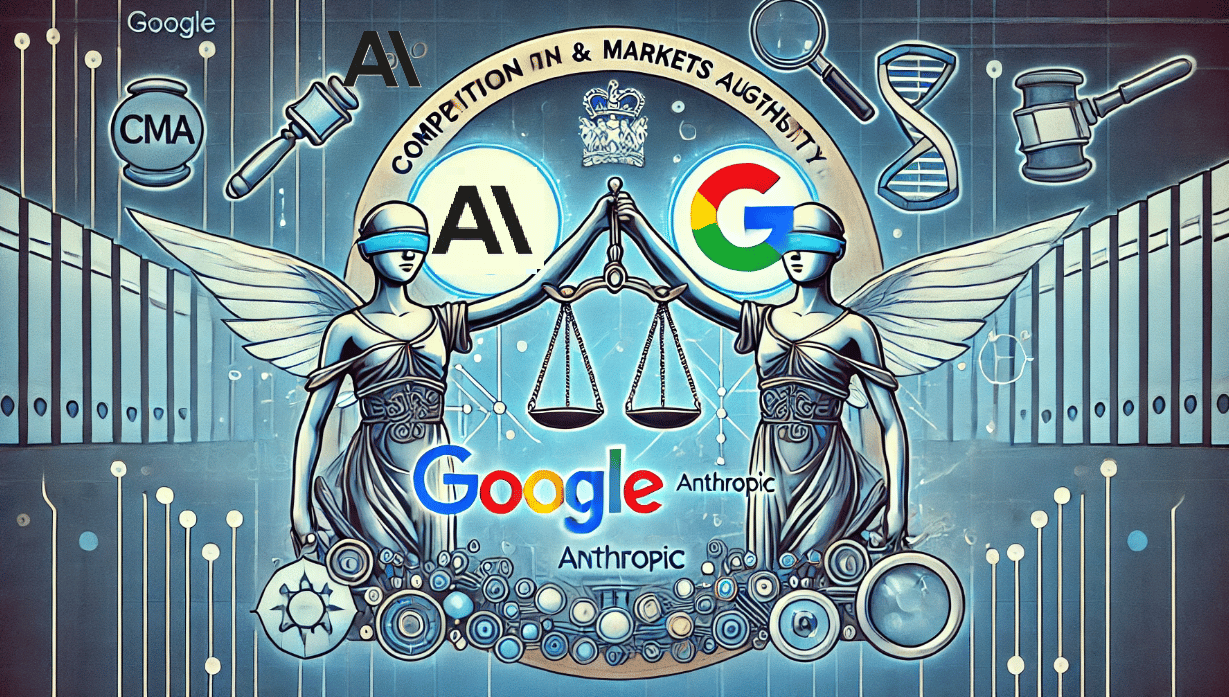
UK Watchdog Scrutinizes Google-Anthropic AI Partnership
The UK’s competition regulator is scrutinizing Google’s partnership with AI startup Anthropic. On Tuesday (July 30), the Competition and Markets Authority (CMA) announced it is investigating whether this partnership constitutes a merger situation under the Enterprise Act 2002.
The CMA will examine if this potential merger situation might result in a significant reduction in competition within any UK markets for goods or services. Interested parties have until August 13 to comment on the matter.
Background and Regulatory Concerns
Last year, Google invested $500 million into Anthropic, with promises of more substantial investments to follow. This partnership, along with similar ones like Microsoft and OpenAI, has attracted regulatory scrutiny.
Recently, antitrust authorities from the U.S., UK, and EU issued a joint statement highlighting concerns about market concentration and anti-competitive practices in the generative AI sector. They warned of risks including the restriction of critical resources, entrenchment of market power, and harmful partnerships.
“There are risks that firms may attempt to restrict key inputs for the development of AI technologies,” the watchdogs stated, emphasizing the need for proactive measures in this rapidly evolving field.
The regulators identified three main risks: control of critical resources, market power entrenchment, and harmful partnerships. They expressed particular concern over how current digital market leaders might leverage their dominant positions.
The joint statement argued that the AI ecosystem benefits from fair dealing and principles of interoperability and choice. While the authorities can’t create unified regulations, their coordinated approach suggests a more comprehensive oversight strategy in the coming months, potentially leading to closer examinations of AI-related mergers, partnerships, and business practices.
AI Ethics and Future Considerations
As the field of AI ethics gains prominence, questions about ensuring that intelligent machines serve humanity’s best interests become more pressing. This emerging field addresses the moral implications of increasing automation, from job displacement to existential risks.
“AI ethics encompasses a wide range of concerns, including privacy, bias, transparency, accountability, and the long-term societal impacts of artificial intelligence,” noted a recent PYMNTS report. “As AI systems become more sophisticated and autonomous, the ethical questions surrounding their development and deployment grow increasingly complex and urgent.”
